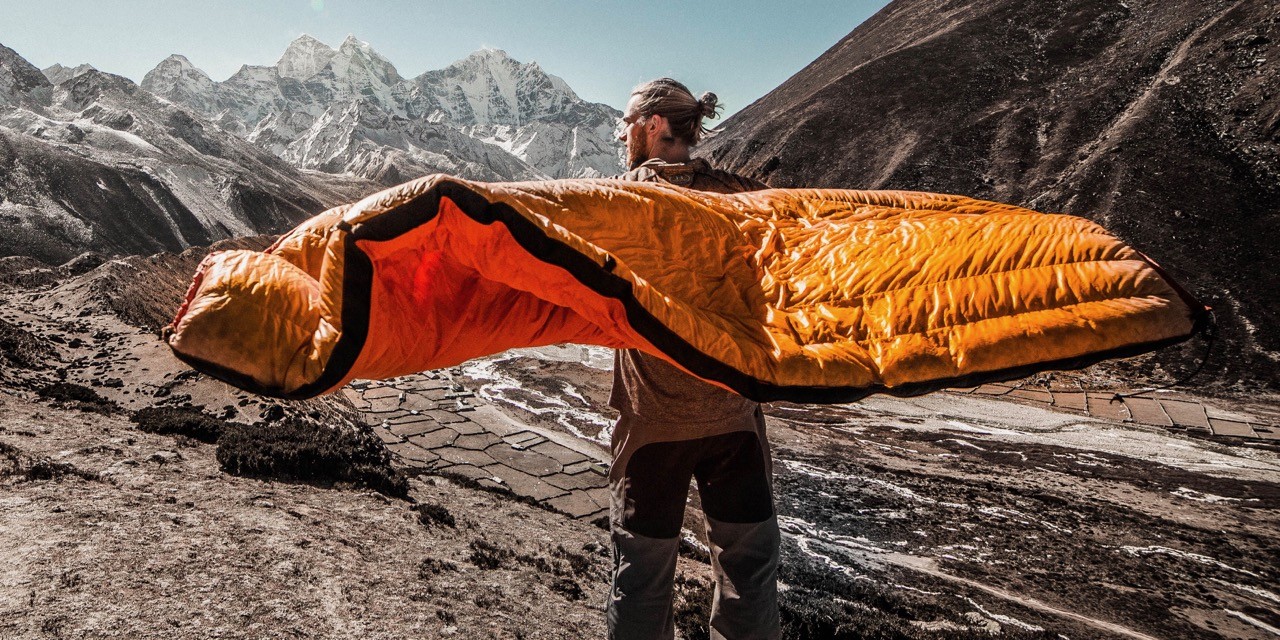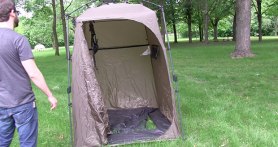

It was my 12th birthday. What does an adventure-loving, outdoor-crazy 12 year old need and want for his birthday? His own sleeping bag, of course! So for that milestone b-day, that’s what my parents gave me.
Videos by Outdoors with Bear Grylls
It was a Coleman model with a light cotton canvas outer in medium brown. The inside was cotton flannel with a print of bighorn sheep on it. The insulation was nondescript and not very thick since this bag would be used far more for summer camping and sleepovers than it would for Arctic expeditions. My amazingly wise parents knew that even if the imagination of a 12-year-old did not. That sleeping bag was presented to me on May 5, 1974. Believe it or not, I still used that sleeping bag until just a couple of years ago. In nearly 40 years of use, the flannel wore through in several places, but for all those years it remained in amazingly good condition. Finally, I retired the bag, and then used it to comfort a faithful dog when we said our final goodbyes.
That was just an inexpensive beginners bag, but with care it lasted a long, long time. Even as a kid, it was such a prized possession, I took good care of it. The quality bags I’ve collected since may last my lifetime if I continue the tradition.
Here are a few basic sleeping bag care tips:
- Try to air out your sleeping bag every day after you’ve slept in it. Even if it’s raining or snowing, try to give it an hour hanging under some shelter with good air circulation.
- Wash the bag sparingly, only when it’s needed. Washing (machine or by hand) reduces loft which reduces the bag’s insulating capabilities and makes it less less comfortable.
- When the bag needs serious cleaning, consider having it professionally done.
- Store the bag as loosely as possible. Unrolled, in the open is great, but is usually not convenient. If you store it in a stuff sack, pick one that’s oversized. If you’re a backpacker, you can have a second compression sack for when you’re on the trail.
- If you store the bag rolled, roll it loosely.
- If the bag includes natural fibers, be sure to protect it from moths during storage. A cedar trunk or closet is great, or cedar chunks thrown in a large sealing tote.
For a complete regimen of sleeping bag care and cleaning, check out the recommendations of the folks at REI.









